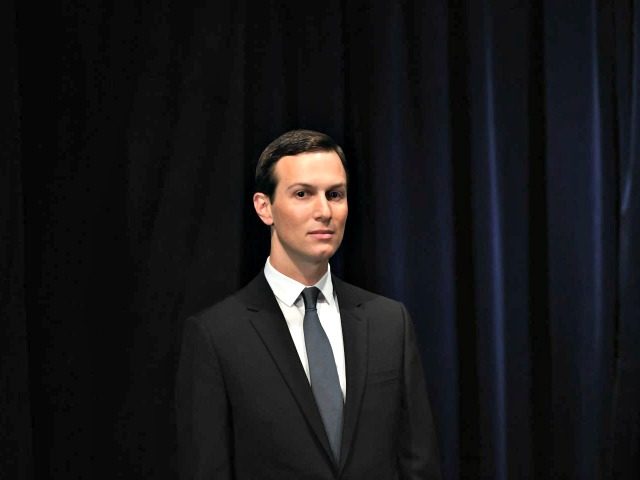TEL AVIV – In Bahrain, President Donald Trump’s senior adviser Jared Kushner launched a $50 billion economic peace plan and told the absent Palestinians that the U.S. has “not given up on you” and the “deal of the century” should now be called the “opportunity of the century.”
Kushner, who is Trump’s son-in-law, also acknowledged that prosperity for Palestinians is not possible without a political solution to the conflict.
“Agreeing on an economic pathway forward is a necessary precondition to resolving the previously unsolvable political issues,” Kushner said.
“To be clear, economic growth and prosperity for the Palestinian people are not possible without an enduring and fair political solution to the conflict — one that guarantees Israel’s security and respects the dignity of the Palestinian people.”
However, he added that developing the Palestinian economy could result in “a real peace that leads to prosperity.”
“We see tremendous potential,” he said.
LIVE: Trump senior adviser Jared Kushner at Bahrain Mideast conference https://t.co/GbDnpAEwik
— TRT World (@trtworld) June 25, 2019
The economic plan would see $50 billion injected into the Palestinian economies throughout the Middle East via public and private financing. It aims to double the Palestinians’ gross domestic product, create more than one million jobs in the Palestinian territories and reduce the poverty rate by 50%.
Officials from Saudi Arabia, Egypt, Jordan, Qatar and business delegations from Israel and other countries are attending the two-day Manama summit. The Palestinian leadership has snubbed both the summit and the economic portion of the peace plan unveiled by the White House.
Palestinian President Mahmoud Abbas, whose ruling Fatah party organized rallies to protest the summit, said that politics trumped financial gains.
“Money is important. The economy is important. But politics are more important. The political solution is more important,” he said.
Saudi Arabia said it supported “international efforts aimed at improving prosperity, investment and economic growth in the region,” but added that any proposed resolution to the conflict should adhere to the Arab Peace Initiative.
Kushner, however, denounced this idea a day earlier when he said that “if there ever is a deal, it’s not going to be along the lines of the Arab Peace Initiative.”
“It will be somewhere between the Arab Peace Initiative and between the Israeli position,” he added.
The 2002 Arab Peace Initiative, initiated by Saudi Arabia, called for a Palestinian state along pre-1967 lines with a capital in eastern Jerusalem and a settlement of the so-called “right of return” for Palestinian “refugees.” The latter has been rejected outright by Israel, which views the return of Palestinians to their ancestral homes in Israel proper as spelling the end of the Jewish state by demographic means.
In return for a full withdrawal from eastern Jerusalem, the Golan Heights and the West Bank, the Arab world would normalize relations with Israel, according to the plan. This would theoretically mean an Israeli withdrawal from the Jewish Quarter of Jerusalem’s Old City, the Western Wall and Temple Mount.

COMMENTS
Please let us know if you're having issues with commenting.